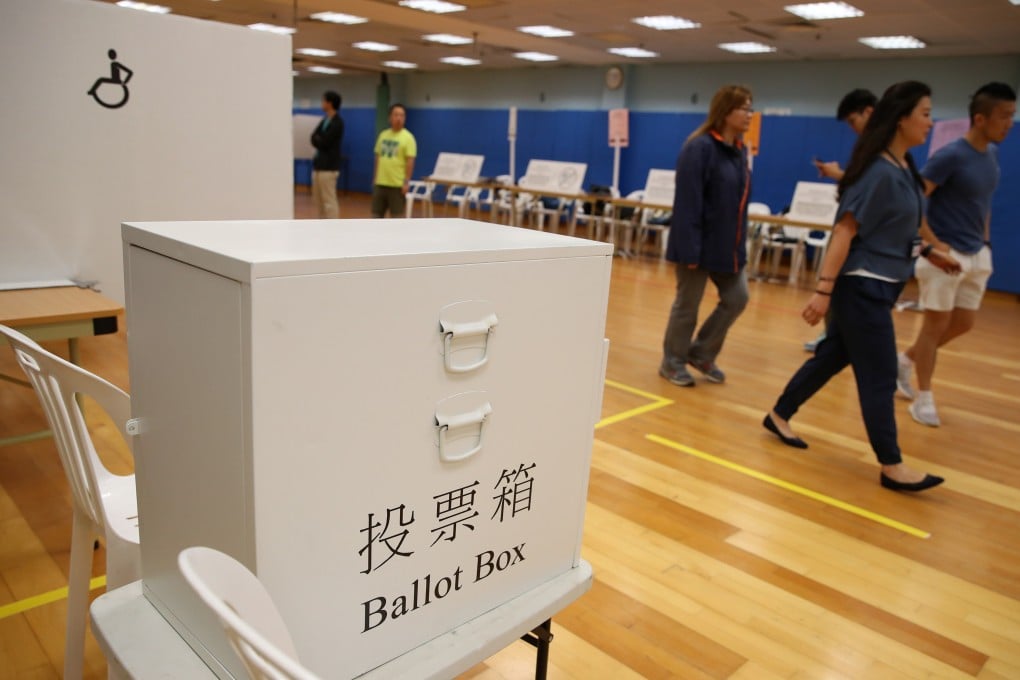Hong Kong district council election: 2 polling stations set for border town to help locals living in mainland China vote
- Government says it will turn two schools near Sheung Shui MTR station into polling sites for December 10 vote
- Move marks end of arrangement used in 2021 Legislative Council election that allowed Hongkongers to vote at border crossing facilities

Two polling stations will be set up in the border town of Sheung Shui for Hongkongers living in mainland China to vote in the district council election next month.
The Hong Kong government on Tuesday said it would turn two schools near Sheung Shui MTR station into polling facilities for the December 10 vote, instead of setting up voting sites at border crossings, as was the case in the 2021 Legislative Council election.
Authorities said they had received calls to continue the 2021 arrangement to help Hongkongers living on the mainland, but conceded it was no longer possible following the full border reopening earlier this year.

“In view of the fact that the epidemic has now passed and the control points have resumed normal operations, and that all the control points are currently very busy in operation … there is not adequate space to set up polling stations,” the government said.
The voting stations set up in the Hong Kong Taoist Association Tang Hin Memorial Secondary School and the Tung Wah Group of Hospitals Kap Yan Directors’ College can handle a maximum of 38,000 voters initially, with the former mainly catering to those from Hong Kong Island and Kowloon constituencies, and the latter serving those from the New Territories.
Voters will need to register online between 9am on November 20 and 6pm on December 5. The quota of 38,000 will be filled on a first-come, first-served basis, and subject to increases if the turnout is “very high”, according to the government.